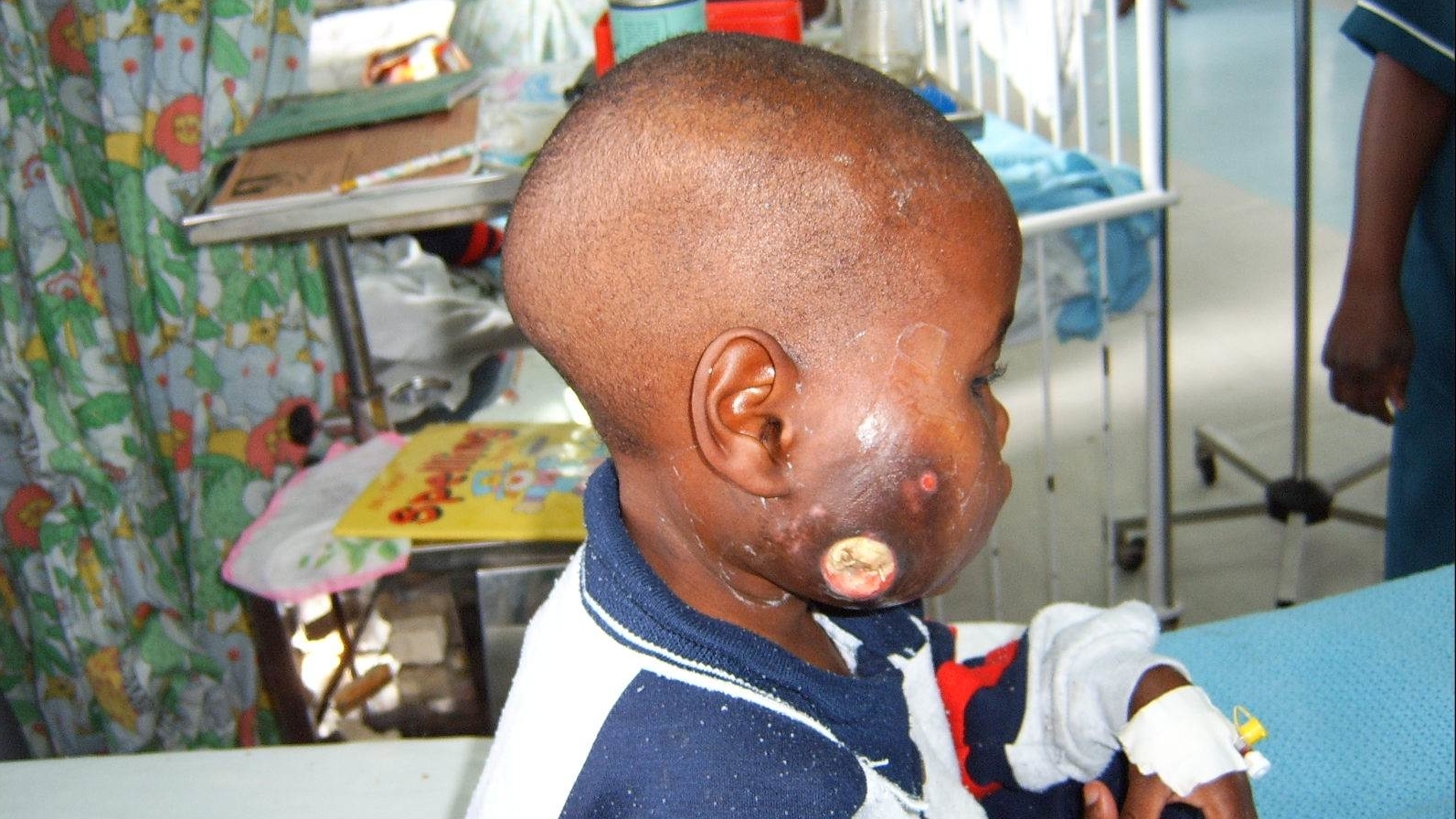
Improper cancer treatment poses a greater risk of death among children in Kenya
According to studies in paediatric cancer and blood diseases in Kenya, without proper supportive care, cancer treatment can kill a higher number of children far more than the cancer itself does.
“There is a tendency of cancer drugs ending up in wrong hands and this can kill more children, unlike for adults, most children cancers grow very fast but treatment works better though more intense,” Professor William Macharia, paediatric cancer and blood diseases specialist at the Aga Khan University Hospital said.

The research revealed that the country has less than 10 pediatric oncologists, however Professor Macharia maintains that with well-managed resources, well-trained medical staff and better access to treatment, doctors can reach more children suffering from cancer.

Further, he said that annually approximately 3200 young ones are diagnosed with the disease with some of the major cancers attacking children being Leukemia, Lymphomas and solid tumours.

Unfortunately according to the data most treatment centers are not well equipped for diagnosis and treatment.
“Early diagnosis and screening of cancer is one of the ways to improve treatment and management in children,’ he noted.
In the past, Kenyans have opined that may be there is need for cancer treatment centers across the 47 counties; something that Macharia says is not a solution because with too many such centres, the country will lack growth and expertise in certain areas.
There have been long held myths about cancer in children and adults and as such Macharia submitted that it is not true that cancer is rare in children and only occurs in older ones when it does. He also discounted a myth that causes of cancer are same – diet, lifestyles.He added that cancers do not run in families.
World Child Cancer organization
According to World Child Cancer organization working in Kenya there are at least 15 million children in Kenya aged 15 and below. And that one of the hospitals in Western Kenya, the Moi Teaching and Referral Hospital (MTRH) serves the Western part of Kenya, which diagnoses 100-110 children with cancer per year.
The government provides funding to the hospital though it is not enough to pay for all the costs incurred and a majority of the patients use out-of-pocket costs to pay for their medical expenses.
Only 20% of the pediatric oncology patients have health insurance provided by the government owned national health insurance fund which enables them to cater for most of their inpatient hospital costs.
Another research that was conducted by African Cancer Registry Network in 2018 painted a positive picture showing that Kenya has the best child cancer survival rates in Eastern Africa.
The research by African Cancer Registry Network compared the rates of survival of children diagnosed and treated for cancer in Nairobi, Harare in Zimbabwe and Kampala in Uganda.
Of all the children treated for cancer five years ago, studies found that more than half were found to be alive in Kenya. The number was lesser in the other countries.
However these are still minimal compared to survival rates achieved in developed countries at 89 per cent in the US, 90 per cent in the European Union and 100 per cent for child eye cancer in Japan.







